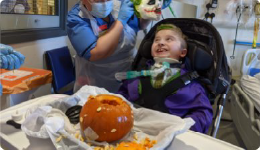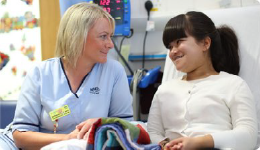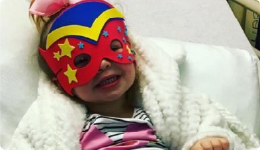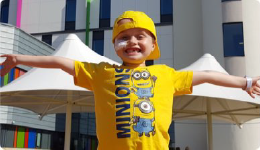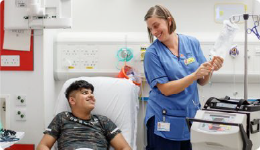Where is my patient information?
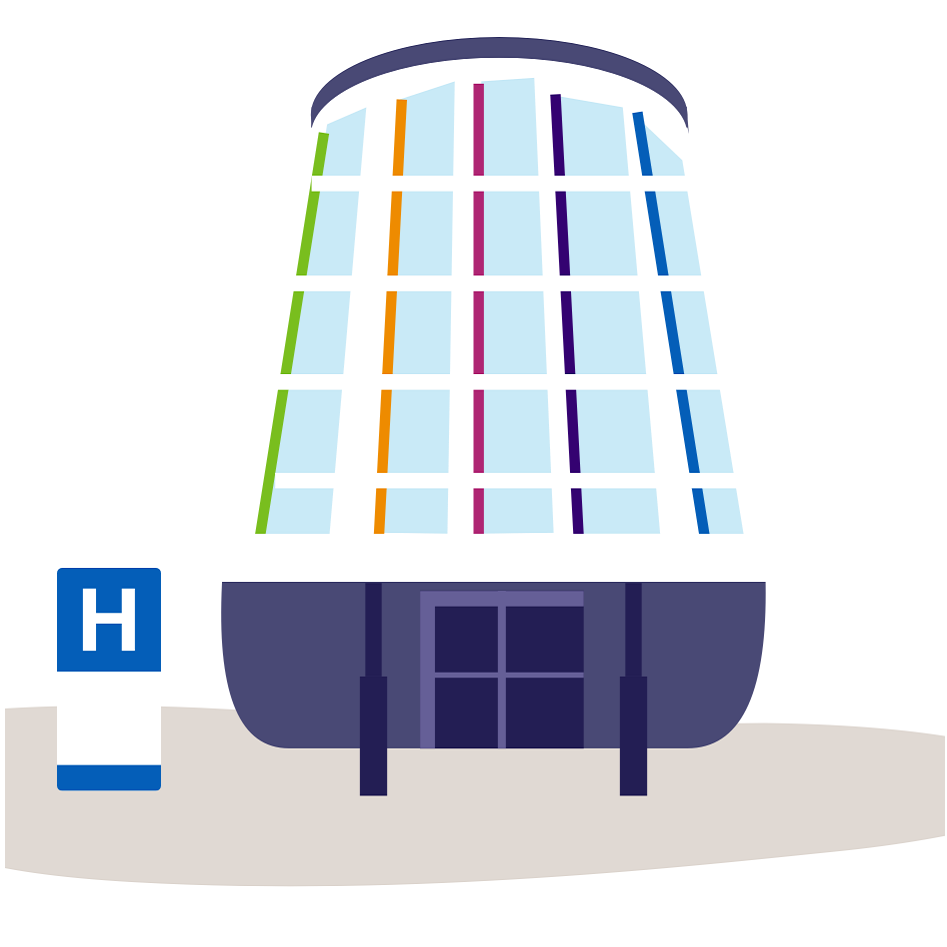
Warning
 December 2024
December 2024
We recently moved our content across to a new website. Unfortunately, this means that some people who were given an electronic link to a patient information leaflet before we moved will find that this link no longer works.
Please use the form below to let us know what leaflet you are looking for and we will send you an updated link as soon as possible.
We apologise for any inconvenience.
RHC website and app team




